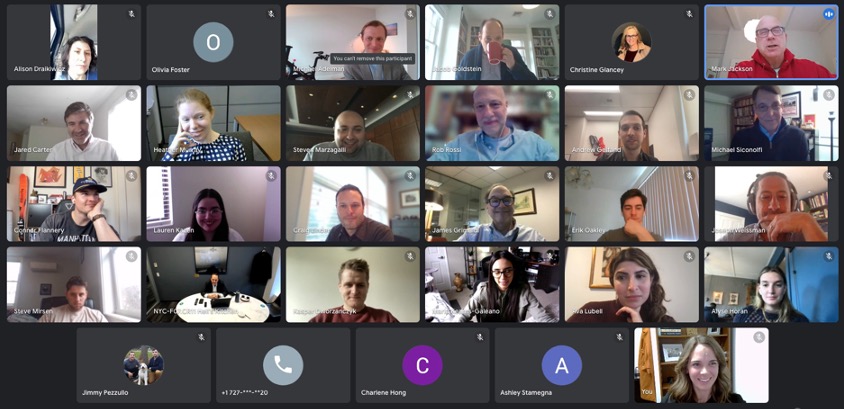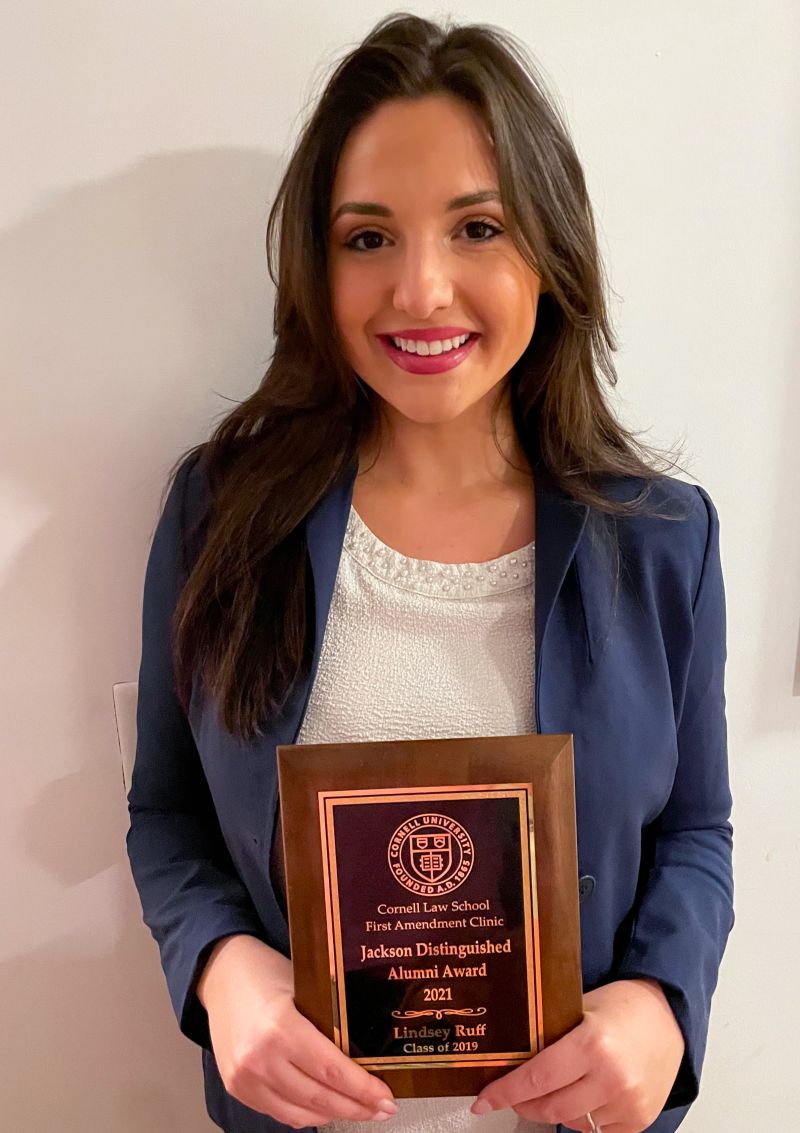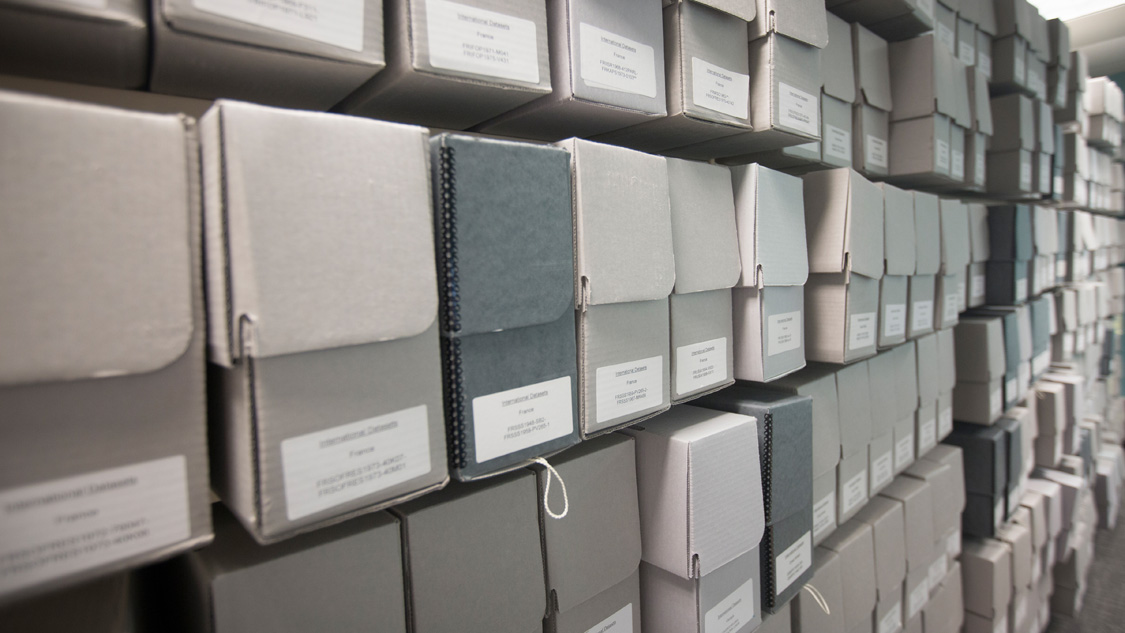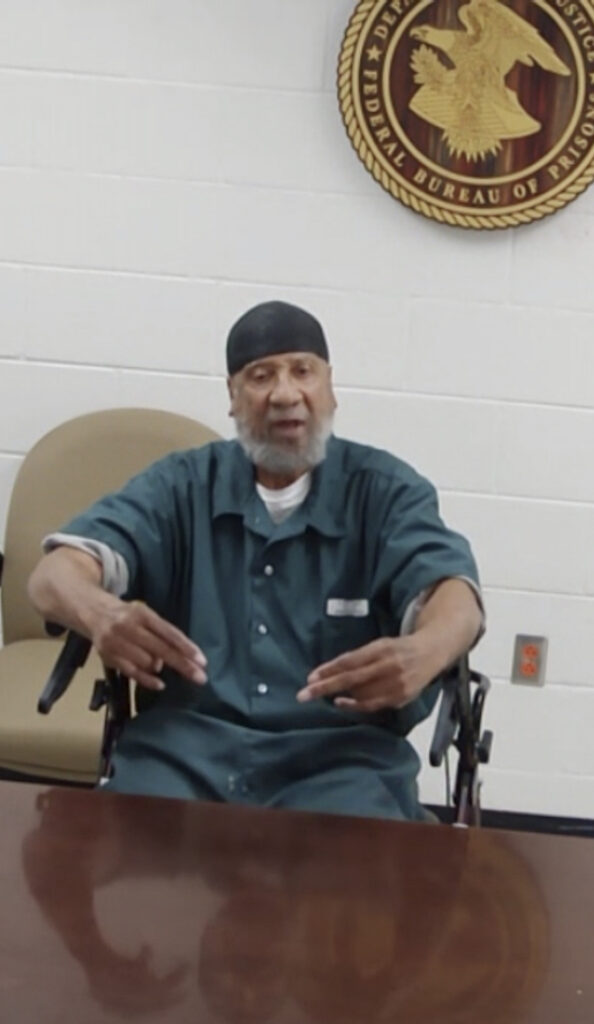Pennsylvania news outlet the York Daily Record successfully obtained the unsealing of records in August demonstrating that York County and prison healthcare contractor PrimeCare Medical, Inc. defendants settled a wrongful death suit brought by the estate of Veronique Henry for $200,000. York County previously disclosed that its portion of the settlement was $5,000 and had refused to release full settlement details. The Cornell Law School First Amendment Clinic and the Reporters Committee for Freedom of the Press filed a motion to intervene and unseal the federal court records on behalf of the York Daily Record in July.
Henry’s estate brought the wrongful death suit against York County and PrimeCare defendants after Henry committed suicide in her cell shortly after her 2016 arrest in connection with a double homicide. Her estate alleged in the suit that corrections officers and healthcare workers knew that Henry was particularly vulnerable to suicide but failed to take action.
Because PrimeCare is one of the largest jail medical providers in the state, with a track record of paying “millions to settle lawsuits levied against them in federal courts in recent years,” the York Daily Record reached out to the Reporters Committee and the Cornell Clinic to file suit to obtain access to records of significant public concern.
“Since York County’s contract with PrimeCare was just recently approved for another three years, it is critical for us to continue to report on allegations of improper medical care at York County Prison. Access to settlement records is essential to hold government and its contractors accountable,” said Randy Parker, Editor of the York Daily Record and Central Pennsylvania Executive Editor of the USA Today Network.
Clinic student Ashley Stamegna, who took the lead in drafting the motion to intervene and unseal the settlement records with supervision from attorneys at the Clinic and the Reporters Committee, said, “We are thrilled by the complete victory for our client. The vast majority of civil cases are now resolved via settlement rather than at a trial open to the public. To allow for public scrutiny of the judicial process, settlement information should as a matter of course be equally available to the public.”
Paula Knudsen Burke of the Reporters Committee and Heather Murray, Managing Attorney of the Clinic’s Local Journalism Project, worked with Stamegna on the suit.





